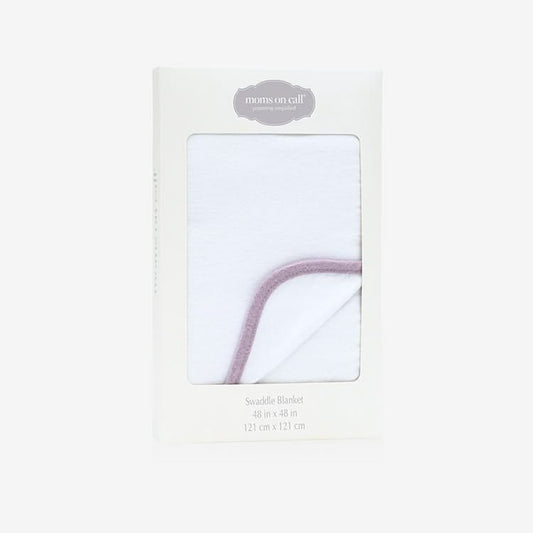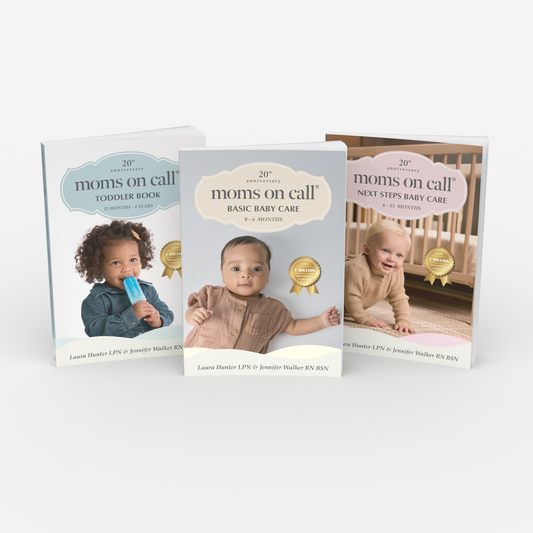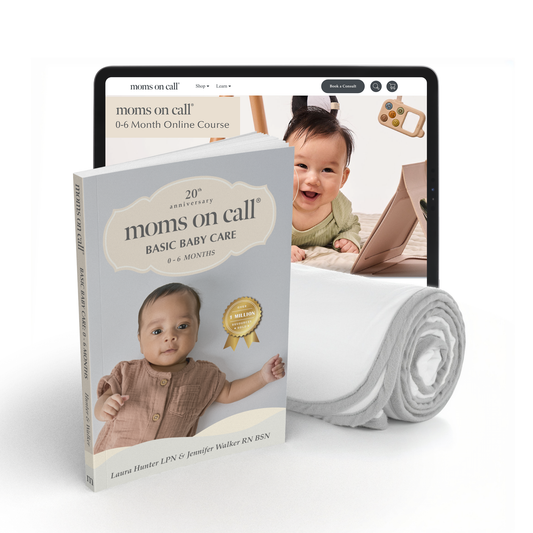In case you missed it during all the hustle and bustle of the holidays, the leading allergy organizations in the United States and Canada have released new guidance on strategies for preventing food allergy through nutrition. This guidance recommends that all infants start peanut, egg and other allergens around 6 months of life to prevent allergies from developing to those foods.
We know you're all busy parents, so we’ve broken down the key recommendations from the recent guidance to make it easy!
Key Recommendations:
- Consider infants with severe eczema at the highest risk of developing food allergy.
- Infants with mild to moderate eczema, a family history of atopy in either or both parents, or infants with one known food allergy are potentially at an increased risk for developing food allergy (or an additional food allergy).
- Be aware that food allergy often develops in infants who have no identifiable risk factors.
- Introduce peanut-containing products to all infants regardless of their relative risk of developing peanut allergy, starting around 6 months of life.
- This should be done after the successful introduction of other solid foods and not before 4 months of age.
- Once peanuts are introduced, regular ingestion should be maintained.
- Introduce egg or egg-containing products to all infants. Regardless of their relative risk of developing allergy, around 6 months of life.
- Again, after the successful introduction of other solid foods and not before 4 months of age.
- Do not deliberately delay the introduction of other potentially allergenic complementary foods.
- For example: cow's milk, soy, wheat, tree nuts, sesame, fish, shellfish.
- Introduce after complementary foods has commenced at around 4-6 months of life (not before 4 months of age).
- There may be potential harm in delaying the introduction of these foods. Once introduced, regular consumption of these foods is recommended.
- Upon introducing complementary foods, infants should be fed a diverse diet.
- This may help foster prevention of food allergy.
- There is observational evidence but no randomized controlled trials to support this recommendation. There is no known harm in a diverse diet.
- Do not use any Hydrolyzed Formulas for the specific prevention of food allergy.
- This has not been proven to be effective.
- Do not exclude common allergens during pregnancy and lactation as a means to prevent food allergy.
- While exclusive breastfeeding is universally recommended for all mothers, there is no specific association between exclusive breast-feeding and the primary prevention of any specific food allergy.
Suggestions for How to Introduce Common Food Allergens:
Nuts and nut butters are a choking hazard for babies and must never be given to infants in their natural form. Many other allergenic foods are also a choking risk to babies, so the AAAAI recommends several safe ways to include allergenic foods in infant diets.
Peanut: Peanut puffs, smooth peanut butter mixed with hot water and then cooled, peanut flour or peanut powder.
Egg: Give fully cooked/baked egg to start with (such as low-sugar cookies, muffins, or pancakes).
Tree Nuts: Tree nut butter mixed with hot water and then cooled.
Milk: If you have not given your baby infant formula, try starting with milk in baked foods or yogurt (cheese can be given later in infancy from around 6 to 7 months).
Soy: Offer your baby soy milk, soy yogurt, or tofu.
Fish/Shellfish: Give your baby a few portions of the fish/shellfish species that you tend to eat as a family and continue with regular intake. (Don’t give more than 2 portions of fatty fish per week according to the FDA).
Sesame: Try some hummus and tahini.
Wheat: Try softly cooked pasta or bread.
The main thing is to be as consistent as possible with regular peanut intake.

We know getting any food, much less these foods into a baby’s diet can be challenging.
That’s why we launched Mission MightyMe. A line of foods developed by the global expert in food allergy prevention whose groundbreaking research shaped the new feeding guidelines.
Our Proactive Peanut Puffs are a safe and delicious way to follow new guidelines for keeping peanut as a regular part of your baby’s diet to help prevent peanut allergies. Our Proactive Multi-Nut Puffs launching later this year, will also help easily incorporate tree nuts into infant diets.
Mission MightyMe goes in detail to explain the new guidance released for preventing food allergies. Visit the complete blog post here.
























